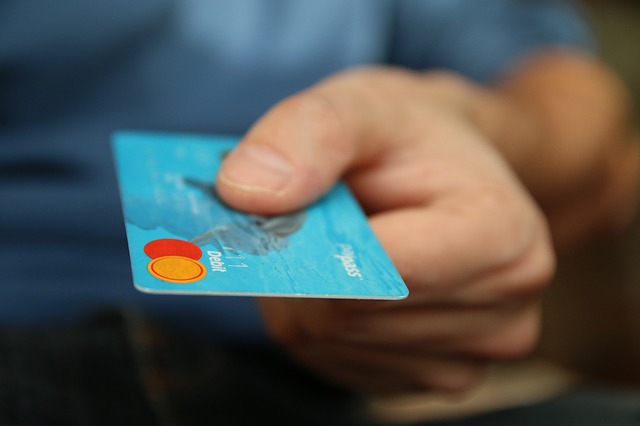Where did the idea that not paying artists was OK come from? I see it as deriving mainly from a sense of entitlement, and an inability to identify the sequence of actions both that were involved in the production of a product, and the sequence of actions involved in the obtaining of something you want to own. There is the idea somehow that the object exists without hard work having been put into it, and that the getting of it operates in a similar way. A generation of demand feed babies who have been spoiled and lead to believe that if they want it they should have it is the problem.
In case anyone thinks I am being holier than thou, I have my own confession – I did it too. You know what changed my mind? I figured out that if I want money to be paid for my own creative efforts, I need to pay those who shared their efforts with me. It’s only right, right? I started to buy the albums that I had downloaded. I paid for the books I had. The flow lines started to open up. Karma isn’t some strange esoteric concept – science has enshrined it too – for every action there is an equal and opposite reaction.
More artists are getting savvy, and they are teaching themselves marketing basics. It is strange that such a separation of art and marketing ever came to exist, as there is a lot of crossover between the two disciplines, and if you can flourish and prosper in one field there is absolutely no reason for you not to do well in the other. I used to balk at the use of a favorite rock song in an advert – this was back when it was an oddity, but nowadays a lot of directors cut their teeth on adverts, and the money from having your song used on an advert can prolong a career that might otherwise have died an early death mired in debt. It’s expensive producing good artistic products, so if you can find a way to make money that doesn’t damage your integrity or the integrity of your art, you should do it.
A lot of artists, most notably Kristin Hersh, through Ca$hmusic, and Amanda Palmer through Patreon, have found a way to appeal directly to the fans, and to crowdsource their careers. This whole thing makes a lot of sense – there are a lot of people out there who want to keep an artist going so that they can receive more of their product, and this allows for them to do it in an even more direct way than buying the albums or concert tickets. You actually get to be in on the ground floor, and you can say that you helped to make it possible for the artist to do what they wanted to do.
You can leverage the special things that you are able to do, and you make it a really interactive experience, and it is great for generating interest. Things like Kickstarter have turned the raising of the funds to do a project into a promotional tool that, even if it doesn’t get someone to stump up the cash beforehand, it will let them know that the product is coming, and it creates a buzz. People like limited edition things – they will buy a truckload of variant covers for comics, they will buy re-release CDs because of extra tracks, they will buy Extended Cut movies. When you make the decision to buy something and add it to your collection it is generally because you already like it, but it is going to be enhanced if there is even more great stuff about the product; otherwise, why not just stream it? Physical products have to really knock it out of the ballpark these days to compete.
When people complain about the price of music,or the price of books, but the only interaction they have with the market is to illegally download things, they are fooling themselves if they don’t see themselves as part of the problem. One thing that has been a real benefit with social media making artists more accessible is that if you are doing something that constitutes stealing from an artist, or may have a damaging effect on their livelihood or the continuation of their career, you are more likely to hear it straight from the horse’s mouth, and it is likely to have a greater impact
The idea works pretty much for any industry where you feel that there is a problem – look to how much you are contributing to it, and see whether you are in any way detracting from it. Do you shop local? Do you buy organic? Do you support the things that you want to see out there in the world with your dollar, or do you just complain about it?

